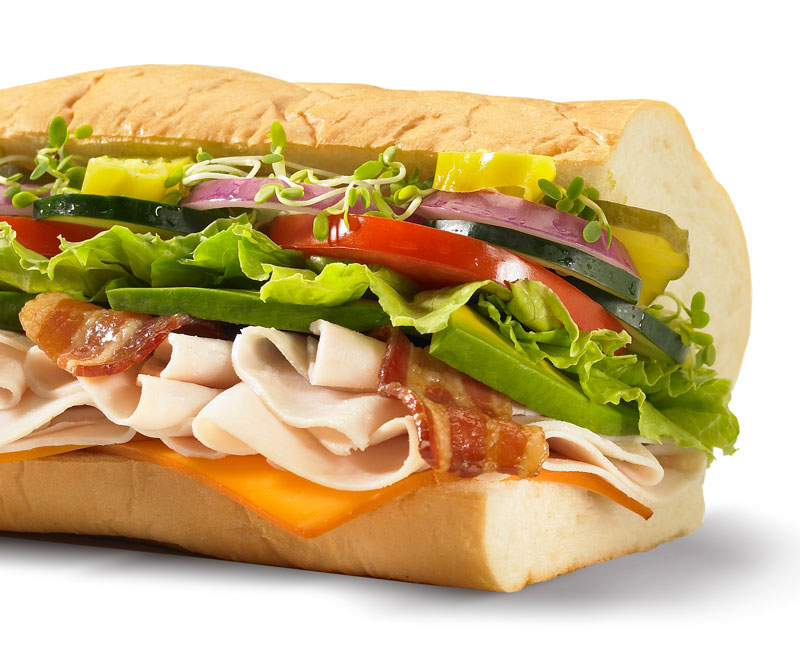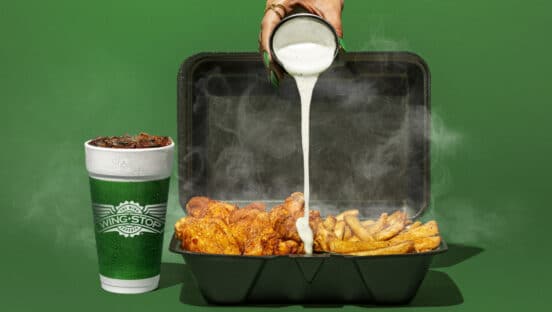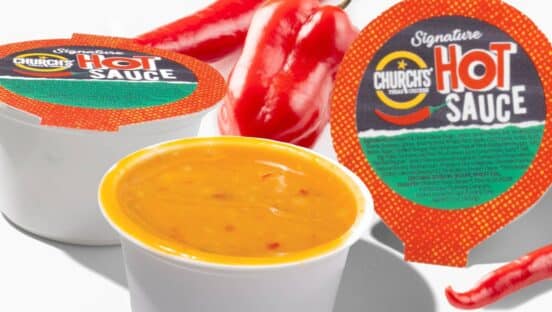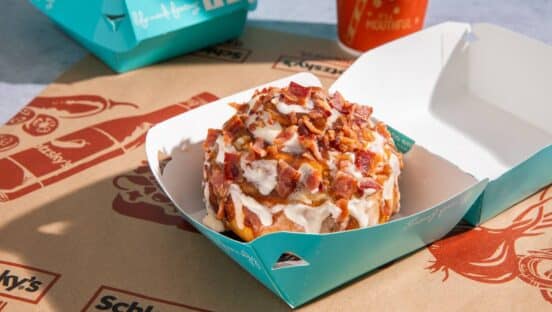It’s clear that one of the most severe droughts in the nation’s history will affect food costs, but just how much and exactly when still remain to be seen.
While restaurants have grown accustomed to absorbing food-price swings, operators say this summer’s drought may force them to pass on some of the burden to customers.
The National Oceanic and Atmospheric Administration (NOAA) called July the hottest, driest month ever on record for the contiguous U.S. The drought decimated crops like soy and corn throughout the Great Plains, and in the aftermath, ranchers—wary of high feed costs—sold off cattle and pork. It’s a perfect storm that sets up the potential for high meat prices down the road as livestock supplies wane.
Frank Paci, CEO of McAlister’s Deli, says his 307-unit chain has prices locked in on many items, like turkey and bacon, through the end of the year. It’s the items that aren’t under long-term contracts that could wreak havoc on prices, he says.
“Whatever’s floating is what we are obviously concerned about,” Paci says. “In general, beef is probably the biggest concern for us, because it’s been forecast to go up anyway. Beef is one of those things we don’t have locked in.”
Paci expects restaurants to get hit next year, too, as contracts expire and costs continue to rise for items like beef, corn, and soy.
“I think you’ll actually see more impact in 2013 than you’ll see in 2012,” he says.
Restaurant operators cite food costs as one of their top concerns, second only to the economy, according to the annual industry forecast from the National Restaurant Association (NRA).
The commodities marketplace is a complex one, and most operators are used to volatile wholesale food prices, says Hudson Riehle, senior vice president of Research and Information Services Division at the NRA.
“Operators have obviously dealt with that situation. But their hopes for having relief, as was the sentiment earlier this year, have obviously been dashed,” he says.
Riehle says restaurant operators work on tight margins, but generally keep their prices steady and don’t react to every incremental upswing amid the roller coaster of wholesale food costs. “In essence, a restaurant operator acts as a shock absorber with the volatility in wholesale food costs,” he says.
Operators can change menu items, prices, or promotions to help lessen the blow from certain price hikes, and can also look at overall operational efficiencies. While beef and other commodities appear especially vulnerable in the coming months, Riehl says restaurants will likely be able to handle short-term price upticks.
“The ability of an operator to innovate around elevated levels is important. But the elevated level is not as important as the duration of time it remains elevated,” he says.
Jeff Karrenbauer, president and a founding director of Insight Inc., a supply chain consulting firm, says many companies across retail industries don’t pay close enough attention to supply chains and their vulnerability. That leaves them unprepared when disaster strikes.
“I believe the industry has placed one of the biggest bets in the history of Las Vegas,” he says. “And the bet is that nothing’s going to happen.”
Karrenbauer points to the 2011 tsunami in Japan that left a huge hole in the electronic and automobile industries’ supply chains as an example of commodity vulnerabilities.
“How many times do we have to take hits before people pay attention?” he says.
While the agricultural industry is likely spread out enough to protect it from total devastation by natural disasters, Karrenbauer says, executives should be prepared for the worst. Given the rising concerns about climate change, he says it’s especially important that companies pay close attention to the environment and commodity markets.
“We need to think about what strategies we should employ now to deal with it. How do we mitigate the risk ahead of time?” Karrenbauer says.
Bruce Rosenthal, CEO of Submarina California Subs, says his 53 stores have and will continue to live with increased food costs. He points to turkey breast prices, which have increased by more than 21 percent in the last year and a half.
“If I look over the past year and a half, we have basically absorbed some of those increases and we have passed some of them onto customers,” he says.
Whether raising prices or just absorbing costs, Rosenthal says Submarina won’t cut corners in food or service.
“We’re not going to change the quality of our product,” he says.
Rosenthal says he has to look past the rising food costs, as his business has other things to worry about—namely state and national regulations, an unfriendly business environment, and an overall poor economy.
“Our biggest issue is the economic base in which our stores operate,” he says. “The most important thing is a vibrant economy. You honestly care less about absorbing some of the cost increases if you get greater volume to offset your margins.”










